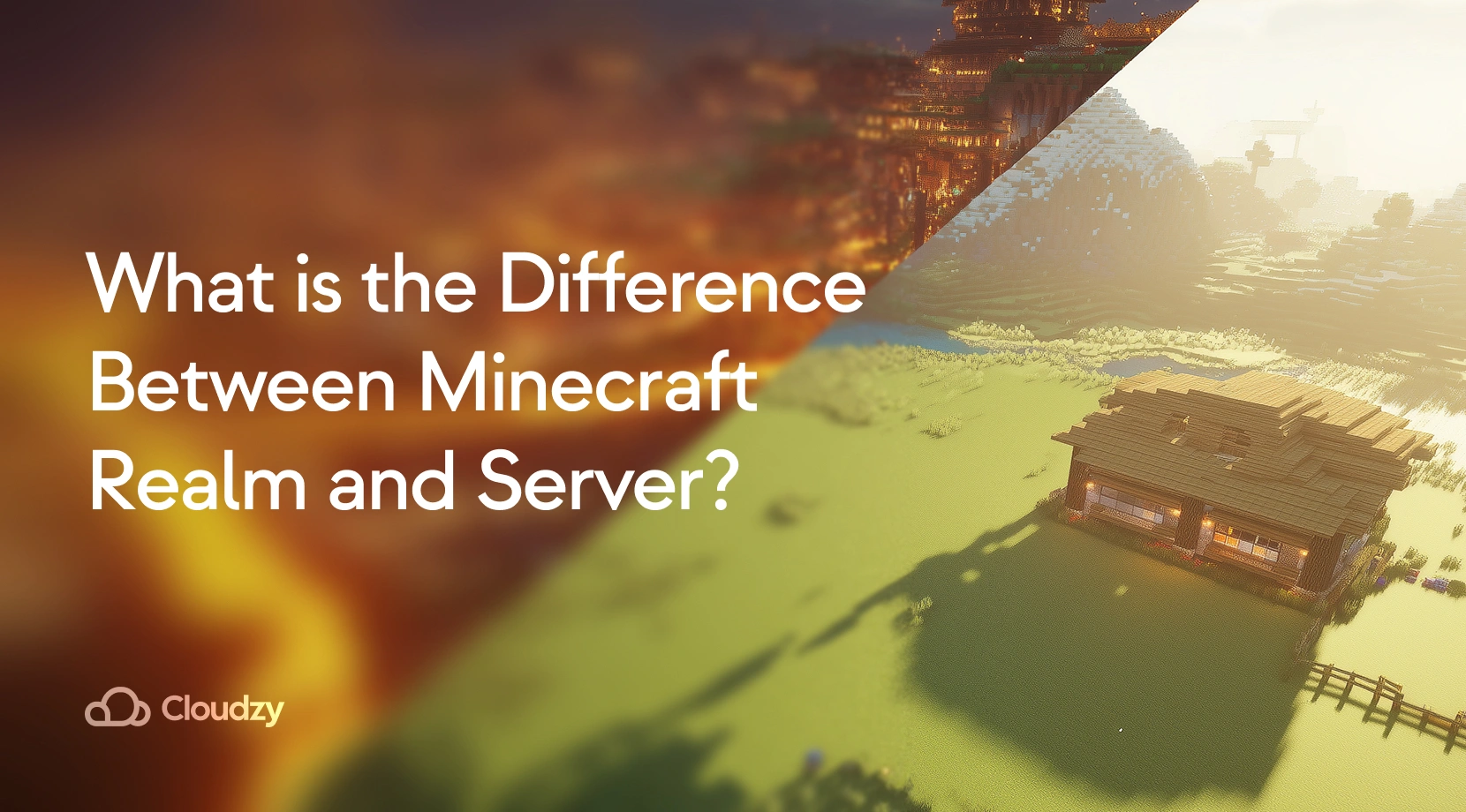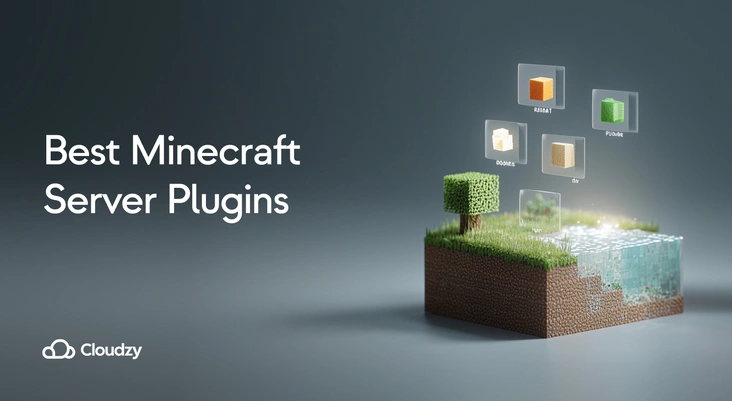

It’s a common dilemma: GPU VPS vs. CPU VPS. Which one’s the right fit for your project? Forget about simply chasing raw power; it’s all about finding the perfect match for your specific needs. Whether ...

Ever scratched your head trying to figure out the difference between a Minecraft Realms vs Server? Trust me, you’re definitely not alone! Whether you’re just dipping your toes into Minecraft, trying to keep your kiddo ...

Running a Minecraft server is like building your own digital kingdom, and plugins are your secret weapon to keep it thriving. They transform a basic server into a vibrant community, helping you manage players, protect ...